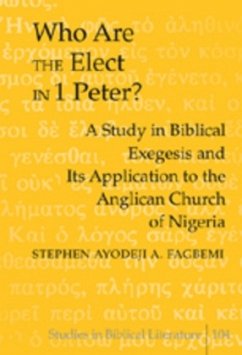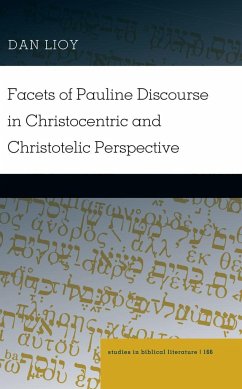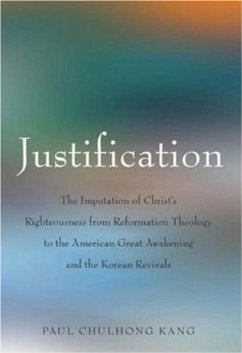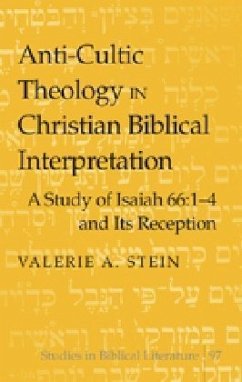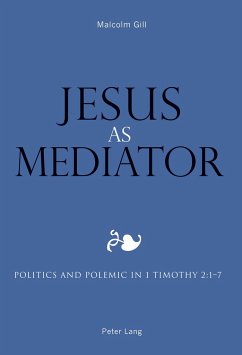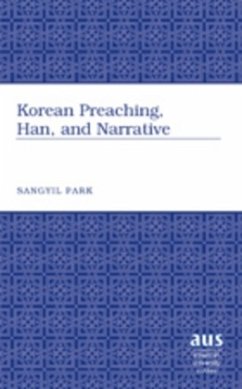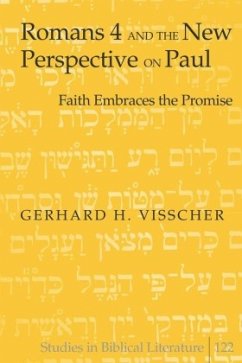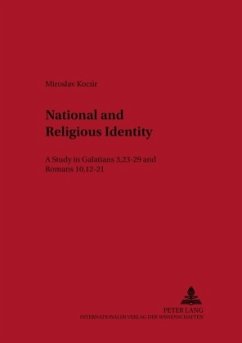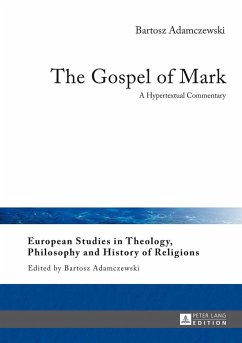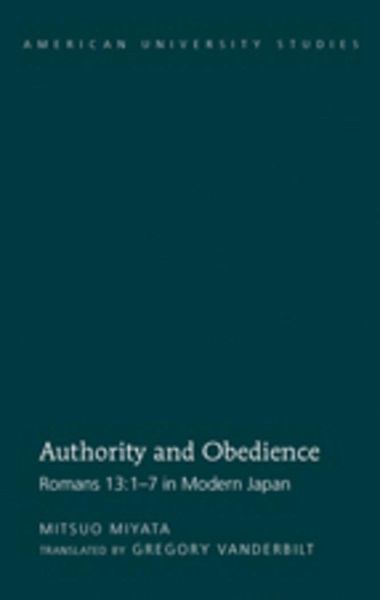
Authority and Obedience
Romans 13:1-7 in Modern Japan / Translated by Gregory Vanderbilt
Versandkostenfrei!
Versandfertig in 6-10 Tagen
97,20 €
inkl. MwSt.

PAYBACK Punkte
0 °P sammeln!
Despite famously small numbers, Christians have had a distinctive presence in modern Japan, particularly for their witness on behalf of democracy and religious freedom. A translation of Ken'i to Fukuju: Kindai Nihon ni okeru R ma-sho Jusan-sho (2003), Authority and Obedience is «a personal pre-history» of the postwar generation of Japanese Christian intellectuals deeply committed to democracy. Using Japanese Christians' commentary on Paul's injunction in Romans 13: 1-7, the counsel to «let every person be subject to the governing authorities; for there is no authority except from God...», ...
Despite famously small numbers, Christians have had a distinctive presence in modern Japan, particularly for their witness on behalf of democracy and religious freedom. A translation of Ken'i to Fukuju: Kindai Nihon ni okeru R ma-sho Jusan-sho (2003), Authority and Obedience is «a personal pre-history» of the postwar generation of Japanese Christian intellectuals deeply committed to democracy. Using Japanese Christians' commentary on Paul's injunction in Romans 13: 1-7, the counsel to «let every person be subject to the governing authorities; for there is no authority except from God...», Miyata offers an intellectual history of how Japanese Christians understood the emperor-focused modern state from the time of the first Protestant missionaries in the mid-nineteenth century through the climax and demise of fascism during the Pacific War. Stressing verse 5's admonition to «conscience» as the reason for obedience, Miyata provides a clear and political perspective grounded in his lifelong engagement with German political thought and theology, particularly that of Karl Barth and Dietrich Bonhoeffer, as he calls for a conscientious citizenry in his modern society. Showing both Christians' complicity with the state and the empire - including the formation of a unified church, the Nihon Kirisuto Ky dan - and their attitude toward Christians in Asia, and the complexity of the critical voices of Christians like Uchimura Kanz , Kashiwagi Gien, Nanbara Shigeru, and many others less well known - Miyata's work aims not at exposing cultural particularity but at showing how the modern Japanese Christian experience can give meaning to a theology and a political theory of how to live within the «freedom of religious belief».






